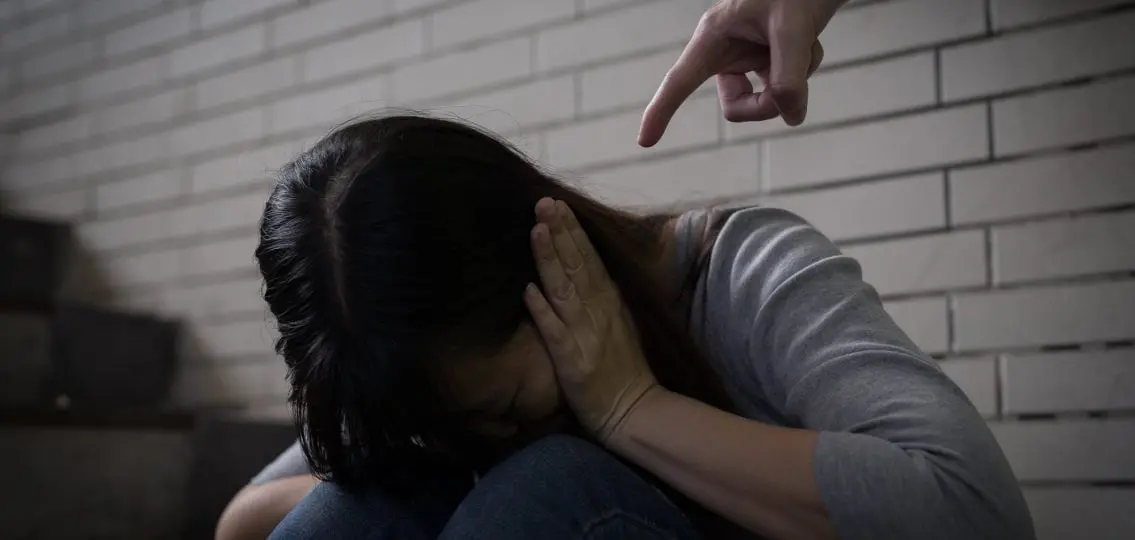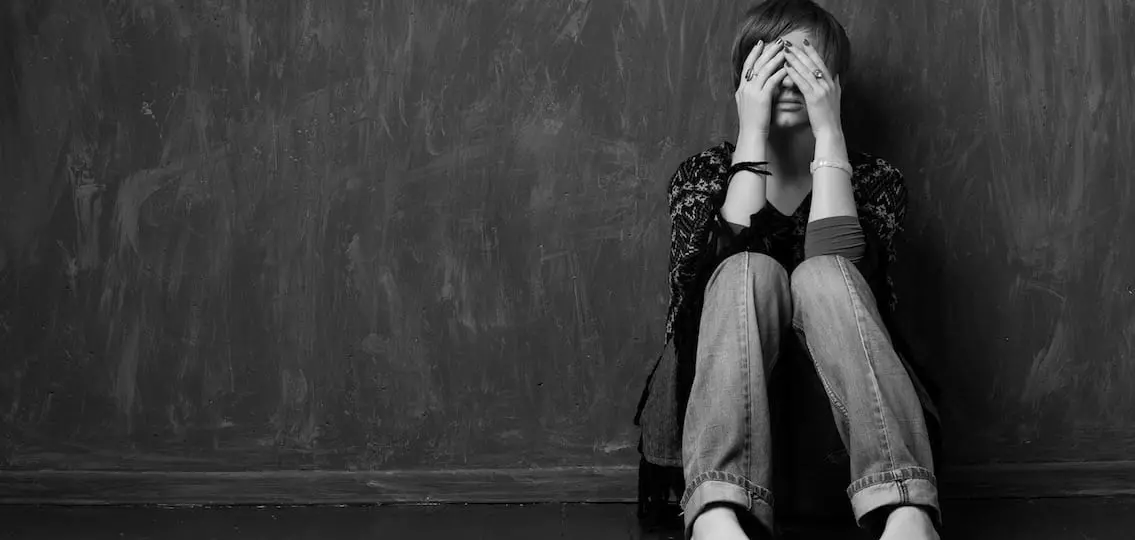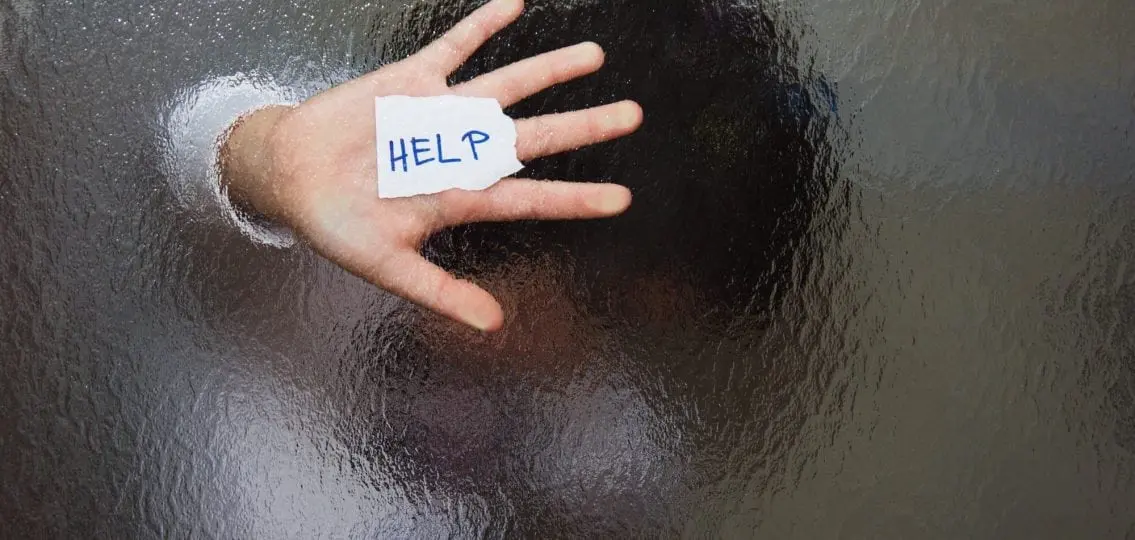When I was growing up, problems were not talked about. I cannot tell you how many times I heard the phrase, “We don’t talk about such things.” It was maddening. The more I needed to vent, the more I was instructed to hold things in.

I became the human equivalent of a pressure cooker!
One of my earliest bad memories was that of my father, a New York City police officer, returning home from work. He was drunk and began beating my mother in a violent rage because his dinner was cold. In fear for her life (and our own), my 12-year-old sister and I (only five at the time) telephoned the police for help. They arrived shortly after.
But, upon entering the apartment, they walked over to my father (not my mother) and patted him on the back, telling him to “walk it off.” I had prayed for the cavalry; I got my father’s work cronies. It was a disappointment I almost never recovered from.
At 10:00 pm, a family member who was staying with us until he “got on his feet,” molested me. I told no one. Instead, I withdrew. By my teenage years, I was staying out of the house as much as I could. I hated being home. My mother tried to rein me in. She told me if I were not in the house by 11:10 pm, she would lock the door.
Now, I can understand her desperation, trying to get me to abide by her rules, but she failed miserably at understanding my motivation. So, I would spend the night with a friend or, worse, sleep in the hallway outside our apartment door.
Family, teachers, guidance counselors and even my principal tried to reach me, but I didn’t trust them. They weren’t bad people; they just didn’t understand why I was doing what I was doing.
I also didn’t understand, and I certainly didn’t grasp how my choices impacted others. I was simply in pain, and I wanted that pain to go away. Discipline made me angry; I believed the adults in my life punished me to flex their control over me.
Once, a teacher made me write something 100 times, in order to get me to remember. Forty-five years later, I still do. But when my mother locked me out of the house, did it make me come home earlier? No. The discipline did not motivate me toward her desired end. The times I was told to “Go to your room,” I sat there thinking about how angry and frustrated I was that nobody understood me.
But, it was only recently that I began to understand.
I had been profoundly betrayed, without an adult to come to my rescue.
So, I pushed them all away: an appropriate response toward those few adults who were responsible, but certainly not toward all.
Life After Abuse
Now, I am a mother. I have six grown children, each one unique. What motivates one does not in any way seem to faze another. They have one thing in common: their dad and me. Our first goal in disciplining our teenagers has always been unity. Did we agree all the time? Absolutely not. But we discussed our opinions in private and then presented a united front. What he said, I backed and vice versa.
Next, we explained things to them, even though my husband and I disagree on this approach. He preferred to tell them “yes” or “no” and let that be that. Keep it simple. I, on the other hand, wanted to explain our decision to help our children understand our point of view. Sometimes that worked. Other times it fell on deaf ears.
Finally, we always tried to understand the why behind their actions. Many times, just starting that dialogue took us down a path that opened things up for discussion.

The difficult part came on those occasions when our teenagers perceived us as “the enemy” – i.e., the parents who say “no” to the very thing they wanted most. It was a painful spot. We would have preferred to be their friend. But, that wasn’t our job. We signed on to protect them, to guide them through the difficulties of growing up and to provide for them the necessities of food, clothing and shelter. It was a difficult job, but in the end, we got to be both: parent and friend.




